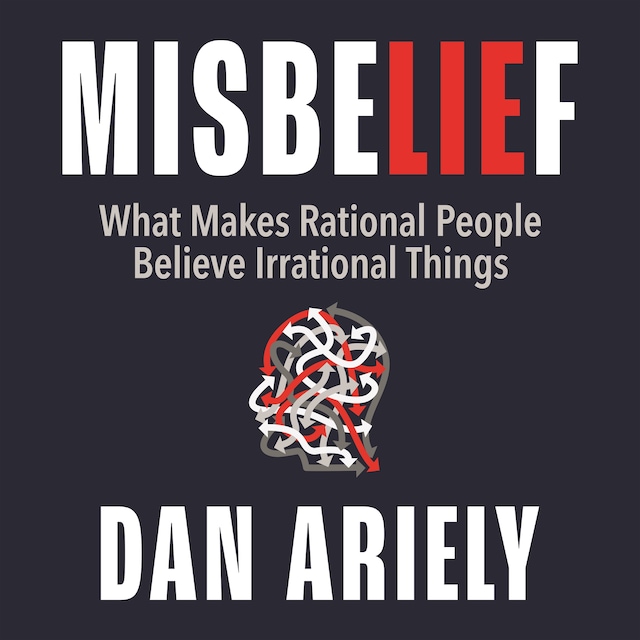
Misbelief
What Makes Rational People Believe Irrational Things
Description of book
'Thoughtful, moving and well-written' - Yuval Noah Harari
'An urgent examination of the human attraction to misinformation' - Daniel H. Pink
Misinformation affects us daily, from social media to politics and even personal relationships. Policing social media alone cannot solve the complex problem shaped by partisan politics and subjective interpretations of truth.
In Misbelief social scientist Dan Ariely explores the behaviour of 'misbelief' that leads people to distrust accepted truths and embrace conspiracy theories. Misinformation taps into something innate in all of us, regardless of political affiliation. By understanding this psychology, we can mitigate its effects. Grounded in research and Ariely's personal experience as a target of disinformation, the book analyses the psychological drivers behind adopting irrational beliefs. Ariely reveals the emotional, cognitive, personality, and social elements that drive people towards false information and mistrust.
Despite advanced AI generating convincing fake news, Ariely offers hope. Awareness of the forces fuelling misbelief makes individuals and society more resilient. Combating misbelief requires empathy, not conflict. Recognising misbelief as a human problem allows us to be part of the solution.


